Contents
- 1 Camping and Stargazing
- 2 Conclusion
- 3 FAQs (Frequently Asked Questions)
- 3.0.0.1 Q: Can I go camping and stargazing alone?
- 3.0.0.2 Q: What should I do if the weather forecast predicts rain during my camping trip?
- 3.0.0.3 Q: Are there any specific rules or regulations I should be aware of when camping in national parks or wilderness areas?
- 3.0.0.4 Q: How can I minimize my impact on the environment while camping and stargazing?
- 3.0.0.5 Q: What should I do if I encounter wildlife while camping?
Camping and Stargazing
Imagine a night spent under the vast expanse of the star-studded sky, with the crackle of a campfire in the background and the soothing sounds of nature all around you. Camping and stargazing offer a magical outdoor adventure like no other. In this article, we’ll delve into the enchanting world of camping and stargazing, exploring the benefits, essential tips, and the sheer joy of immersing oneself in the great outdoors.
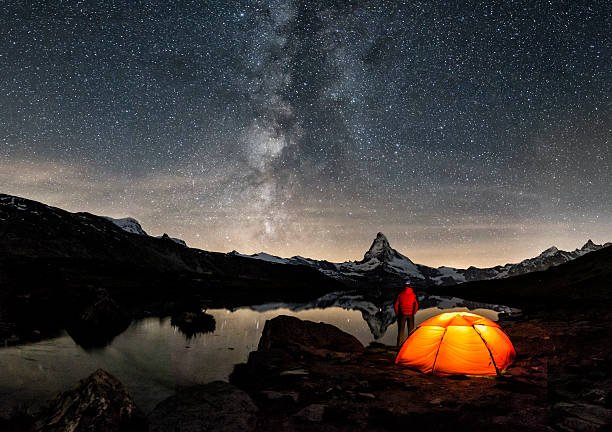
Benefits of Camping and Stargazing
The fascination of camping and stargazing extends far beyond the simple act of sleeping under the stars. It offers a myriad of benefits for both body and mind. Studies have shown that spending time outdoors can improve overall well-being, reduce stress, and enhance mental clarity. Engaging in activities like stargazing promotes a sense of wonder and awe, fostering a deeper connection with the natural world.
Choosing the Right Location
One of the first steps in planning a camping and stargazing adventure is choosing the right location. Look for areas with minimal light pollution, where the night sky is unobstructed by city lights. National parks, designated wilderness areas, and remote campsites are ideal for stargazing enthusiasts. Consider factors such as weather conditions and safety precautions before finalizing your destination.
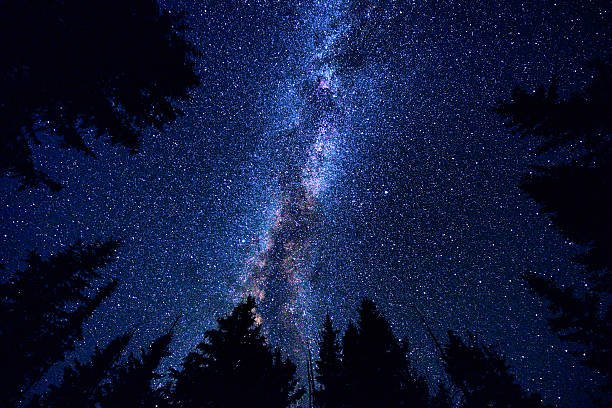
Essential Gear and Preparation
Proper preparation is essential for a successful camping and stargazing trip. Make sure to pack essential camping gear, including tents, sleeping bags, cooking utensils, and adequate clothing. For stargazing, invest in a quality telescope or binoculars, along with star maps or a stargazing app to help identify celestial objects.
Setting Up Camp
Once you’ve arrived at your chosen campsite, take the time to set up camp properly. Choose a level and sheltered spot for your tent, and be mindful of any nearby hazards such as falling branches or uneven terrain. Build a campfire safely, following local regulations and using designated fire pits where available. Create a cozy atmosphere with blankets, camping chairs, and perhaps a few solar-powered string lights to illuminate your campsite.
Exploring the Night Sky
As night falls, turn your attention to the celestial wonders above. Use a star chart or stargazing app to identify constellations, planets, and other celestial objects. Take turns using the telescope or binoculars to observe distant galaxies, nebulae, and star clusters. Keep an eye out for meteor showers, eclipses, and other celestial events that may be occurring during your camping trip.
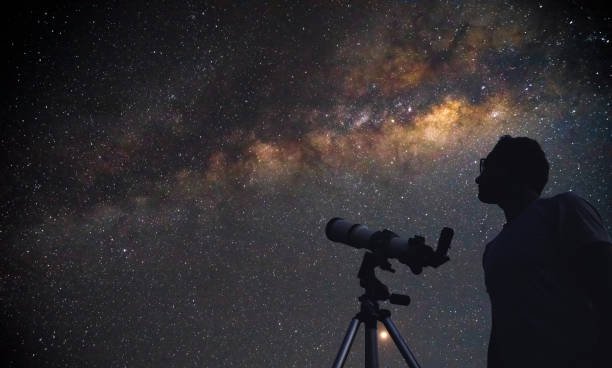
Nighttime Activities
In addition to stargazing, there are plenty of other activities to enjoy after dark. Gather around the campfire for storytelling and singing, or try your hand at nighttime photography to capture the beauty of the night sky. Keep an ear out for nocturnal wildlife, from owls hooting in the distance to the gentle rustle of small mammals foraging in the underbrush.
Camping Cuisine
No camping trip is complete without delicious outdoor cuisine. Keep meals simple yet satisfying, with easy-to-prep recipes like foil packet meals, campfire chili, and s’mores roasted over the fire. Don’t forget to pack plenty of snacks and beverages to keep energy levels up during your outdoor adventures.
Safety Tips
While camping and stargazing can be incredibly rewarding, it’s important to prioritize safety at all times. Follow proper campfire safety protocols, including keeping a bucket of water nearby and fully extinguishing the fire before bedtime. Be aware of potential wildlife encounters and take precautions to minimize risks. Carry a map and compass, and familiarize yourself with the surrounding area in case of emergencies.
Benefits of Disconnecting
In today’s hyper-connected world, camping and stargazing offer a welcome opportunity to disconnect from technology and reconnect with nature. Take this time to unwind, free from the distractions of smartphones and social media. Spend quality time with friends and family, sharing stories and creating lasting memories amidst the beauty of the great outdoors.
Overcoming Challenges
While camping and stargazing can be immensely rewarding, they also present their own set of challenges. From unpredictable weather to unexpected equipment failures, it’s important to approach outdoor adventures with a spirit of flexibility and resilience. Embrace the opportunity to problem-solve and adapt to changing circumstances, knowing that each challenge overcome only adds to the richness of the experience.
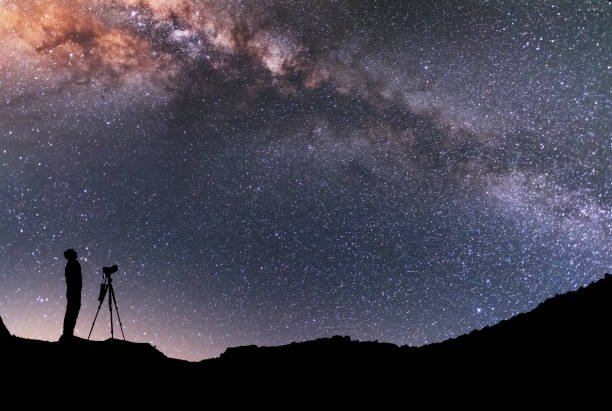
Capturing Memories
As your camping and stargazing adventure comes to a close, take a moment to reflect on the memories you’ve created. Consider keeping a camping journal to document your experiences, jotting down observations, thoughts, and feelings from each day. Capture the magic of the night sky with photos and videos, preserving the beauty of the cosmos for years to come. Whether it’s a breathtaking sunset, a shooting star streaking across the sky, or the laughter of loved ones gathered around the campfire, these memories will serve as a cherished reminder of your outdoor adventure.
Conclusion
In conclusion, camping and stargazing offer a magical outdoor adventure that combines the beauty of nature with the wonder of the cosmos. From the tranquility of a starlit sky to the camaraderie of gathering around the campfire, these experiences create lasting memories and foster a deeper connection with the natural world. So pack your gear, head outdoors, and immerse yourself in the enchanting world of camping and stargazing – an adventure awaits under the vast expanse of the night sky.
FAQs (Frequently Asked Questions)
Q: Can I go camping and stargazing alone?
Q: What should I do if the weather forecast predicts rain during my camping trip?
Q: Are there any specific rules or regulations I should be aware of when camping in national parks or wilderness areas?
Q: How can I minimize my impact on the environment while camping and stargazing?
Q: What should I do if I encounter wildlife while camping?

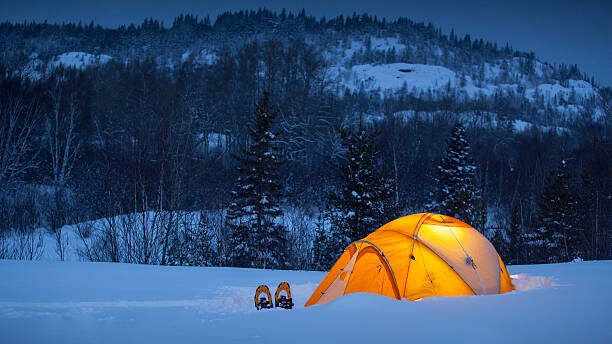
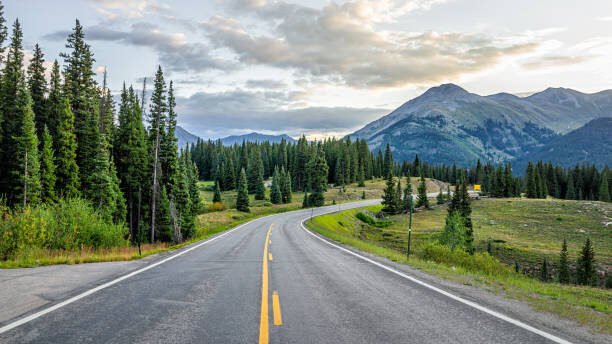
Pingback: Outdoor Camping Activities for kids - TheWorldCamping